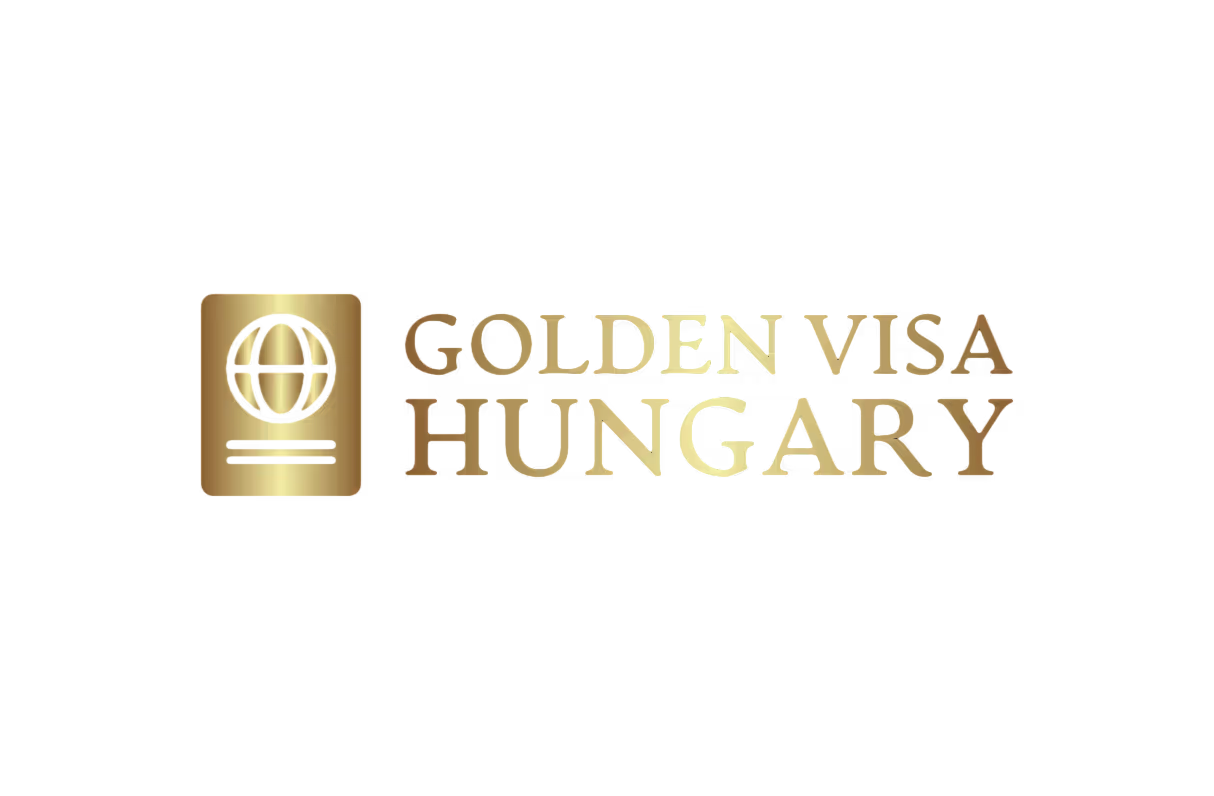

In late 2024 and early 2025, Hungary’s Guest Investor Program (often called its “Golden Visa”) underwent several significant policy changes designed to streamline the scheme and protect local markets, all while preserving its appeal to global investors. Most notably, a government decree removed the planned direct‐property route effective January 1, 2025, shifting focus to two clearly regulated investment channels. At the same time, transitional rules introduced a basic cultural and language exam for long‐term permit holders, and Hungary’s National Bank licensed its first real‐estate fund for Guest Investor applicants. Below, we explain each update in full, what remains unchanged, and how these reforms affect prospective investors.
Parliament’s Act XC of 2023, effective January 1, 2024, formally reintroduced the Guest Investor residency permit—replacing Hungary’s previous bond-based program—with applications opening on July 1, 2024. Under this framework, non-EU nationals may secure a 10-year residence permit, renewable once for an additional 10 years, by channelling at least €250 000 into shares of a government-approved real-estate fund registered with the National Bank of Hungary. In October 2024, Hungary granted its first fund licence specifically for these investors, marking the program’s first operational milestone.
Originally scheduled to launch on January 1, 2025, the €500 000 direct residential-property route was formally abolished by publication in the Hungarian Gazette on December 20, 2024, as part of a broader effort to curb real-estate inflation. Shortly thereafter, Government Decree 450/2024, effective January 1, 2025, reinforced this change by removing “ownership of real estate” from the list of qualifying investments for Guest Investor permits. As a result, the program now offers just two transparent options—real-estate fund shares or a charitable donation—ensuring greater market stability and regulatory clarity.
To foster genuine integration, Hungary introduced transitional exam rules for long-term residency from 2025 onward. Under Government Decree 450/2024, permit renewals beyond the first 10 years require passing a basic written test on Hungarian history and culture, conducted in Budapest. Separately, investors aiming for Hungarian citizenship after eight years of continuous residence must clear a language-and-culture proficiency exam, aligning naturalisation with broader EU integration standards.
Despite these reforms, the core benefits of Hungary’s Golden Visa endure. Third-country nationals still obtain a 10-year permit (extendable once for 10 more years) with no mandatory stay requirement, Schengen-area access for up to 90 days in any 180-day period, and full work and residence rights in Hungary. Dependents—including spouses, minor children, and dependent parents—continue to qualify alongside the principal applicant, enjoying identical permit terms.
By removing the direct-property option and mandating basic cultural exams, Hungary has sharpened its Golden Visa into a more sustainable and transparent scheme. Investors benefit from clearly regulated fund investments, reduced market distortion risks, and a longer, more predictable permit validity than most EU counterparts. Meanwhile, the streamlined two-route structure and the absence of physical-stay obligations make Hungary’s program uniquely flexible for global entrepreneurs and mobile families.